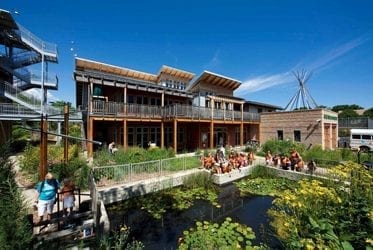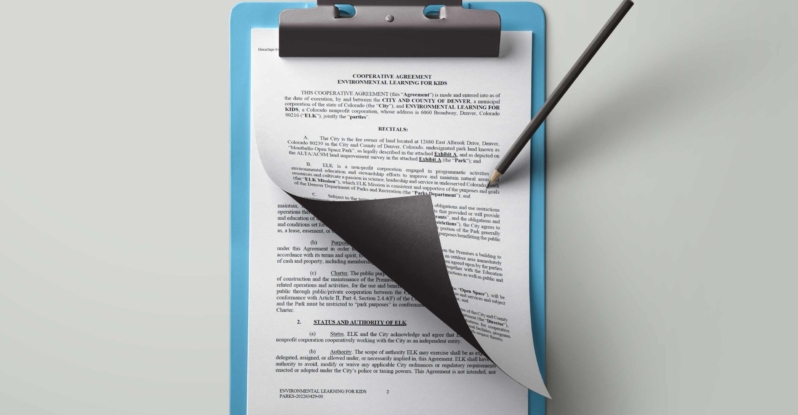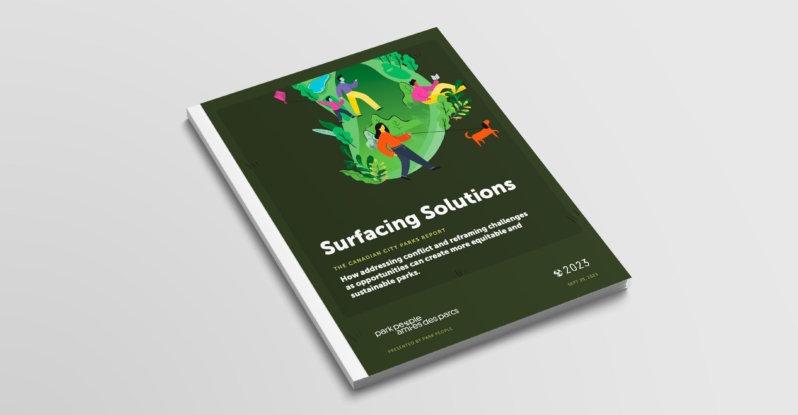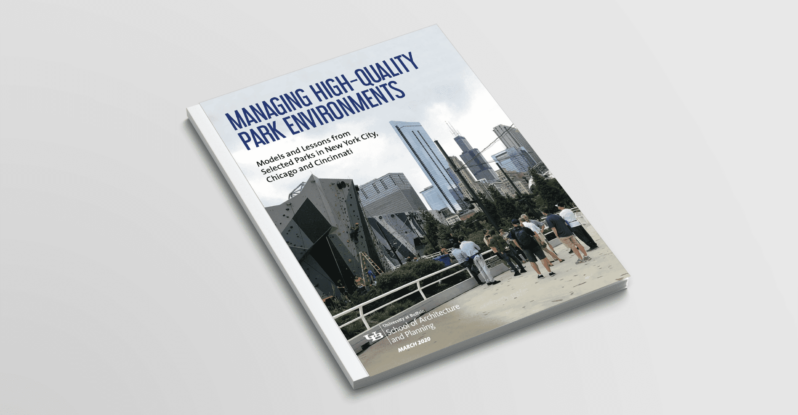Key Findings
- Hands-on interactions provide more ways to learn and grasp science concepts while engaging the students more fully in the lesson.
- NEEP’s program of continual outdoor classroom experiences allows students to more fully comprehend their surrounding environment and how science concepts encompass real-life scenarios.
- By providing classroom experiences that are year-long instead of just a field trip, the Urban Ecology Center is creating connections with children, as well as connecting them to their community and educating them in a unique way.
Organization description
The Urban Ecology Center started with a group of neighbors trying to clean up their community. Initiatives were launched to reclaim Riverside Park from crime, litter, and invasive species and to transform it into a place of learning and discovery. Presently, it has expanded into an organization with three locations, serving 77,000 people in the Milwaukee metropolitan area. The Urban Ecology Center focuses on education and protection of the environment, as well as the promotion of the community. While the primary focus of the Urban Ecology Center is its Neighborhood Environmental Education Project (NEEP), it offers multiple other programs as well, including internships, volunteer events, and recreational activities. Through these programs, the Urban Ecology Center brings people outside, inspiring change through a new ecological understanding of the neighborhood environment.
Program description
The Urban Ecology Center’s main program is the Neighborhood Environmental Education Project (NEEP), which serves more than 44 Milwaukee schools annually. NEEP has received national recognition for its unique and effective programs from the National Environmental Education Advancement Project. An innovative approach to science education, NEEP partners local schools with the Urban Ecology Center to enhance the science curricula through a permanent outdoor classroom with a focus on environmental education. Unlike most science classes, which may include occasional field trips to museums or nature centers, the Urban Ecology Center offers a wide range of science programs that continue throughout the entire school year and encourage hands-on reinforcement of science concepts. In addition to the major focus of environmental education, NEEP science programs include themes of wildlife and ecology, simple machines, and physics concepts of sound and light. NEEP also encourages physical education through exciting learning opportunities, such as rock climbing, canoeing, and ice skating.

The Riverside Park Branch of the Urban Ecology Center.
Each teacher has the opportunity to customize their program in order to make it a unique experience for both the students and staff. Additionally, teachers are offered the opportunity to receive training through the Great Lakes Earth Partnership program. This program offers a one-week institute with continual support from the University of Wisconsin-Madison Arboretum and the Urban Ecology Center. During this institute, teachers are trained to establish native garden projects at their schools and to incorporate restoration into almost any subject of their curriculum.
In addition to augmenting traditional kindergarten through high school education during the school day, the Urban Ecology Center offers afterschool programs for local Community Learning Centers, youth groups, and schools, which focus on hands-on education and include transportation. The Center also hosts preschool programs that consist of short, adventurous field trips to the Urban Ecology Center’s forest and habitat playground to engage children in their local environment through games and other interactive activities.

Improving the Menomonee Valley Branch.
Annual program budget
The total cost for a NEEP program is $9,200. Schools cover $4,200 and sponsors supply the remaining $5,000 to cover the total costs of the year-long program.
Funding sources/partnerships and type of support provided
- Caterpillar Foundation
- CH2M Hill
- Colectivo Coffee
- Delta Dental of Wisconsin
- Harley-Davidson Foundation, Inc.
- Jane Bradley Pettit Foundation, Inc.
- JPMorgan Chase Bank
- KEEN, Inc.
- New Belgium Brewing Company
- Opus Foundation
- Potawatomi Bingo Casino
- Rockwell Automation
- Runzheimer International
- Wave of Hope
- Weiss Family Foundation
Contact Info:
1500 E. Park Pl
Milwaukee, WI 53211
Email: [email protected]
Phone: (414) 964-8505



